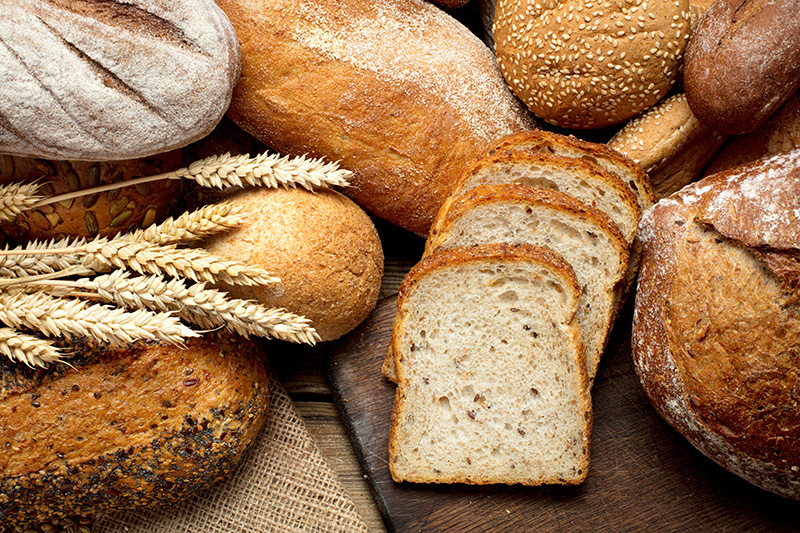More Health and Nutrition Bites
Related
When the low-carb hype doesn't add up
The LA Times headline reads, "The case against carbohydrates gets stronger." The article is written by the lead author of a study recently published in the British Medical Journal.
Evidence for moderation: carbohydrates
A lot of previous nutrition research has looked at specific nutrients (like antioxidants, minerals, or fatty acids), specific foods (nuts or olive oil), or overall dietary habits (like the Mediterranean Diet or DASH Diet), but with low-carb diets so popular in various forms over the last few decades, there's finally opportunity to look at the effects of different levels of macronutrients on long-term health.
Quality counts!
I've been saying for years - no, decades - that it's the quality of the calories you put in your mouth and body that really count. Since I'm an allopathic, evidence-based physician talking about health and nutrition, people assume that I'm all about weight loss. The truth is, I'm not.
Health & Nutrition Bites
Get the latest health and diet news - along with what you can do about it - sent to your Inbox once a week. Get Dr. Gourmet's Health and Nutrition Bites sent to you via email. Sign up now!
Higher-quality carbohydrates linked to reduced risk of breast cancer

Just a couple of weeks ago I reported on a study that suggests that a diet not dissimilar to a Mediterranean-style diet might help reduce the risk of breast cancer. Today's research might shed some light on why.
A team of Spanish researchers utilized data gathered for the SUN (Seguimients Universidad de Navarra) Project, an ongoing, long-term, large-scale cohort study that was created to allow research into the links between diet and chronic diseases such as diabetes and cancer (Clin Nutr 2021;40:137-145).
As of July 2018, nearly 14,000 women had completed the baseline questionnaire administered upon joining the study and at least one follow-up study. Both questionnaires included a dietary questionnaire as well as gathering information on health and demographics.
The authors worked with dietitians to evaluate the quantity and types of carbohydrates the women consumed, first assessing liquid carbohydrates in the form of sugar-sweetened beverages and fruit juices, then assessing solid carbohydrates. These were additionally broken out into refined grains versus whole grains.
Each participant's diet was then categorized into a Carbohydrate Quality Index (CQI), a composite of total fiber intake, the ratio of whole grains to total grain intake, overall average Glycemic Index, and ratio of solid carbohydrate to liquid carbohydrate. Each quintile of intake was assigned 1 point, with the maximum points possible at 20 and a minimum number of points of 4. A higher score meant a diet higher in whole grains and other high-quality carbohydrates, as opposed to a diet higher in ultraprocessed foods and sugary drinks.
Over the course of the nearly 12 years of data collected, just 101 women were diagnosed with breast cancer, with their diagnoses confirmed by medical records. Their CQI was compared with that of those women who did not develop breast cancer.
After taking into account such variables as age at menarche, number of pregnancies, menopausal status, and caloric intake, the authors found that compared to those who scored between 4 and 10, those whose CQI was 18 or above were 61% less likely to be diagnosed with breast cancer.
After further analyzing the impact of individual components of the CQI, they found that those who scored in the top third for a higher ratio of whole grains to total carbohydrates enjoyed a 44% lower risk of breast cancer. Interestingly, comparisons of fiber intake were inconclusive and a higher overall Glycemic Index appeared to increase the risk of breast cancer. Further, when the authors analyzed only those whose carbohydrate intake was less than 50% of their total calories, those with the highest CQI had a 42% lower risk of breast cancer.
What this means for you
As always, it's the quality of the carbohydrates you're consuming that seems to have the most impact on your health - not how much. Choose whole grain breads, use brown rice instead of white rice, and snack on fruit or nuts instead of sweets or pretzels.
First posted: February 24, 2021

